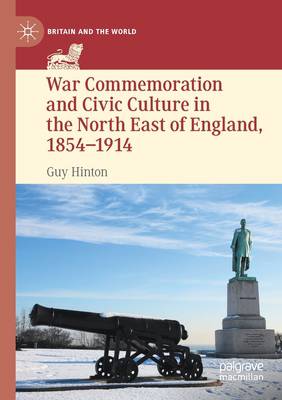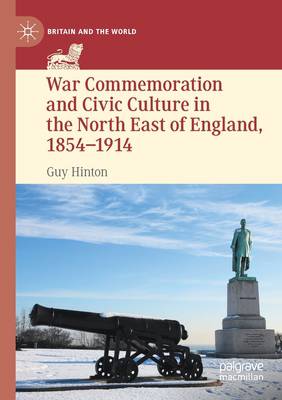
- Retrait gratuit dans votre magasin Club
- 7.000.000 titres dans notre catalogue
- Payer en toute sécurité
- Toujours un magasin près de chez vous
- Retrait gratuit dans votre magasin Club
- 7.000.000 titres dans notre catalogue
- Payer en toute sécurité
- Toujours un magasin près de chez vous
War Commemoration and Civic Culture in the North East of England, 1854-1914
Guy HintonDescription
This book examines a diverse set of civic war memorials in North East England commemorating three clusters of conflicts: the Crimean War and Indian Rebellion in the 1850s; the 'small wars' of the 1880s; and the Boer War from 1899 to 1902. Encompassing a protracted timeframe and embracing disparate social, political and cultural contexts, it analyses how and why war memorials and commemorative practices changed during this key period of social transition and imperial expansion. In assessing the motivations of the memorial organisers and the narratives they sought to convey, the author argues that developments in war commemoration were primarily influenced by - and reflected - broader socio-economic and political transformations occurring in nineteenth-century and early-twentieth century Britain.
Spécifications
Parties prenantes
- Auteur(s) :
- Editeur:
Contenu
- Nombre de pages :
- 291
- Langue:
- Anglais
- Collection :
Caractéristiques
- EAN:
- 9783030785956
- Date de parution :
- 18-09-22
- Format:
- Livre broché
- Format numérique:
- Trade paperback (VS)
- Dimensions :
- 148 mm x 210 mm
- Poids :
- 371 g







